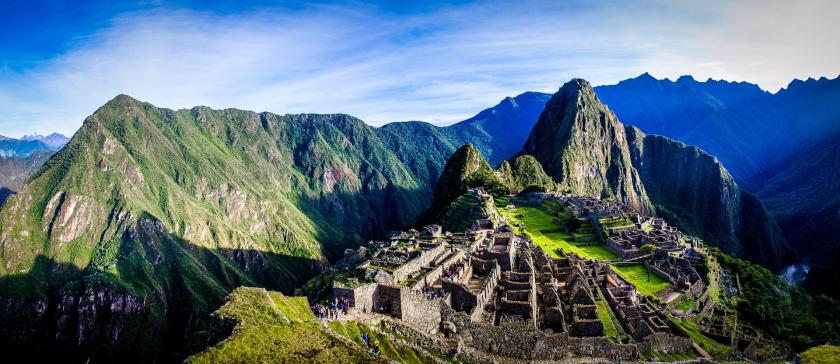
An important news for the hydrocarbons sector is the extension until 31 December 2027 of the right of oil companies to a refund of the IGV and IPM corresponding to all imports or acquisitions of goods, provision or use of services and construction contracts for hydrocarbon exploration activities carried out by these companies.
This is an incentive that investors in the hydrocarbon sector consider when making exploration investment decisions. Without this benefit, it would be even more difficult to attract investment for risky activities such as hydrocarbon exploration, especially in Peru where more hydrocarbon exploration is needed.
However, having this benefit (in addition to others contained in the Organic Hydrocarbons Law) is not always enough for investors to decide to explore for hydrocarbons in Peru. In fact, hydrocarbon exploration activity in Peru is currently minimal, almost non-existent (according to information from PERUPETRO, no exploratory wells have been drilled in 2022). This is due to various reasons, including socio-environmental conflicts that prevent continuous operations and the lack of a clear and decisive state policy to promote hydrocarbon exploration and production activities. This is why in recent years we have seen how companies that used to operate in Peru are now investing in exploration in countries such as Ecuador and Colombia, while in Peru there is no exploration and oil production is decreasing.
If we want a regulation such as the recovery of the IGV on exploration activities to fulfil the objective for which it has been promoted and periodically extended, it is necessary to understand the relevance that the hydrocarbons sector has (and could be greater) in Peru, not only from the point of view of generating income for the treasury (royalties and taxes), but also to reduce dependence on oil imports for the operation of our refineries and the part of the fuels that are not produced in Peru (energy security) and to close social gaps (with the significant income from royalties and taxes that the sector can generate).
For this reason, a clear and decisive state policy is needed to achieve or be close to achieving self-sufficiency in energy (generated by fossil and non-fossil sources), which is fundamental for resuming the growth of our economy, generating income for the state and efficiently using this income to effectively and efficiently attend to the basic needs of the communities near the areas where hydrocarbons are explored and produced. This state policy should not be limited to the efforts of the Ministry of Energy and Mines and PERUPETRO, as responsible for promoting and supervising hydrocarbon exploration and exploitation contracts, or to the almost quixotic efforts of the companies that decide to invest in Peru. The government must work in a coordinated and joint manner (the three levels of the state) to establish and apply a strategy aimed at achieving the valorisation of our natural resources, ensuring compliance with the regulations that make efficient and environmentally responsible operations viable, and also the execution by the different levels of the state of the public investment necessary to close social gaps with the income that this activity can generate.
It is important to note that the recently approved extension of the recovery of the IGV occurs at a key juncture in the hydrocarbons sector, and we as a country should not miss.
On the one hand, PETROPERU will soon start the commercial operation of the New Talara Refinery with a production capacity of 95,000 barrels per day, for which it will be important to have local oil production to reduce dependence, as far as possible, on imported oil and achieve better efficiencies.
In 2022, despite having a very low hydrocarbon production, the international situation has allowed the state to collect significant revenues through royalties. These revenues must be used efficiently to close social gaps, and with higher production these revenues will increase. This work is urgent and should be of the utmost interest to the state.
The conditions are in place, all that remains is to get down to work and take advantage of this situation that will benefit everyone. Let us not miss the opportunity to reactivate the upstream not only with the effective application of benefits such as the recovery of VAT for exploration activities, but also with a clear and decisive state policy that will allow the reactivation of the hydrocarbons sector with the benefits it will bring.






